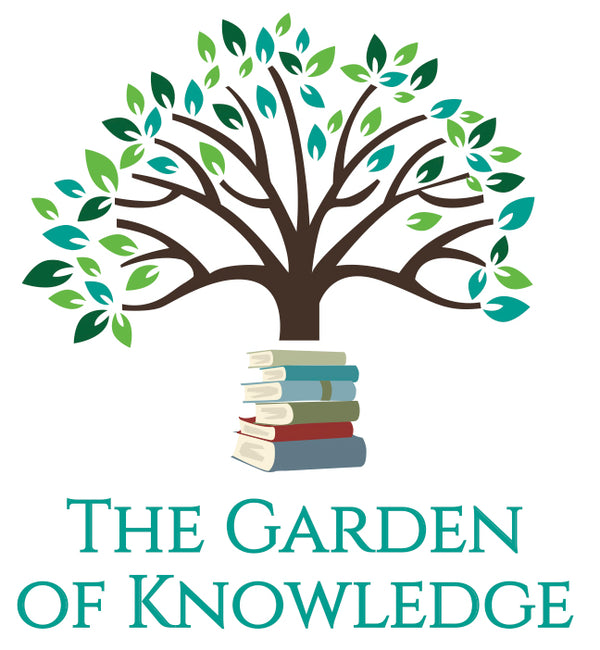
Structured vs Unstructured Learning
Share
As per my own experience with structured and unstructured learning, I believe we need to recognise and consider both approaches being equally important. Both approaches can significantly enhance children’s learning experience, fostering a well-rounded and adaptable individual.
Let’s look at both approaches.
Structured learning is a learning experience that is planned, and organised. It supports and guides young learners towards achieving specific educational goals. It’s clear and organised making it easy for children to follow. Some benefits from structured learning are that it helps foster relationships between mentors, young learners, and peers. It helps develop their social skills, it exercises their listening skills, their ability to focus, and it supports their critical thinking skills and problem-solving skills. It also allows children to set and achieve goals, which supports and builds self- confidence.
Unstructured learning is a learning experience that gives young learners the freedom to explore, create and discover without rules or guidelines, supporting cognitive development, encouraging creativity, imagination, the development of problem-solving, and social skills. It also supports and gives young learners the ability to thrive physically, emotionally, mentally, and socially. When mentors continually instruct young learners on how to use or do things, their opportunities for discovery and exploration are dramatically limited and it suppresses their abilities to self-express, or make mistakes and learn from the experience. Unstructured learning environments also provide young learners the opportunity to learn different skills such as negotiating, sharing, creating rules and boundaries, inclusion, tolerate differences, and builds conflict resolution skills.
Having a healthy balance of both approaches encourages young learners to reach their full potential, and produces well rounded development, preparing them for the world ahead.
This is used by all our teachers at The Garden of Knowledge, feel free to contact us for more information on how we work and how we can help you achieve your goals.
